Softwood Lumber | Softwood Lumber Prices | Softwood Lumber Grades
In the realm of construction and woodworking, the choice of lumber can significantly impact the outcome of a project. Softwood lumber, derived from coniferous trees, has long been a popular choice for a myriad of applications due to its unique characteristics and versatility. In this comprehensive exploration, we will delve into the world of softwood lumber, uncovering its properties, uses, and why it continues to be a top pick for builders and craftsmen.

Understanding Softwood Lumber:
Softwood lumber comes from coniferous trees, such as pine, spruce, fir, and cedar. Unlike hardwoods, which come from deciduous trees, softwoods are characterized by their needle-like leaves and cones. Softwood lumber is known for its lighter color, fine grain, and overall affordability, making it a prevalent choice in various construction and woodworking projects.
What is commonly softwood lumber?
Common softwood lumber species include:
- Pine:
- Eastern White Pine
- Western White Pine
- Southern Yellow Pine
- Spruce:
- Sitka Spruce
- Engelmann Spruce
- Fir:
- Douglas Fir
- Grand Fir
- Cedar:
- Western Red Cedar
- Eastern Red Cedar
- Redwood:
- Coast Redwood
- Giant Sequoia
These softwood species are widely used in construction, woodworking, and various applications due to their availability, affordability, and desirable characteristics. Each species has its own unique properties, such as color, grain pattern, and durability, which make them suitable for different types of projects. For example, cedar and redwood are known for their natural resistance to decay and insects, making them popular choices for outdoor applications like decking and fencing. Pine, on the other hand, is often used in interior applications such as furniture and cabinetry.
Characteristics of Softwood Lumber:
- Lightweight and Easy to Work With: Softwood lumber is prized for its lightweight nature, making it easier to handle and work with during construction or woodworking projects. This characteristic is particularly advantageous when intricate or detailed cuts are required.
- Affordability: One of the key reasons for the popularity of softwood lumber is its cost-effectiveness. Softwoods generally grow faster than hardwoods, making them more readily available and, consequently, more budget-friendly for a wide range of projects.
- Natural Beauty: Softwood lumber often possesses a natural charm and warmth, with a lighter hue that enhances its appeal in many applications. The fine grain and knots found in softwoods contribute to a rustic and aesthetically pleasing finish.
- Acceptance of Finishes: Softwood lumber readily accepts a variety of finishes, stains, and paints, allowing craftsmen and builders to customize the appearance of their projects. This versatility makes softwood lumber an excellent choice for both interior and exterior applications.
Uses of Softwood Lumber:
- Framing: Softwood lumber is frequently used in framing applications due to its strength and affordability. It provides a solid and reliable structure for buildings, ensuring stability and longevity.
- Cabinetry and Furniture: Craftsmen often turn to softwood lumber for creating cabinets and furniture pieces. Its ease of workability allows for intricate designs, while its natural beauty adds character to the finished product.
- Decking and Outdoor Structures: Softwood lumber, particularly species like cedar and redwood, is well-suited for outdoor use. It is resistant to decay and insects, making it an excellent choice for decking, pergolas, and other outdoor structures.
- Moldings and Trim: The fine grain and versatility of softwood lumber make it a popular choice for interior moldings and trim. Whether creating baseboards, crown molding, or window casings, softwood lumber adds a touch of elegance to interior spaces.
Conclusion:
Softwood lumber, with its affordability, versatility, and natural charm, continues to be a staple in the construction and woodworking industries. Whether you’re framing a new structure, crafting custom furniture, or enhancing your home’s interior, softwood lumber provides a reliable and aesthetically pleasing solution. As you embark on your next project, consider the unique qualities of softwood lumber and discover the timeless beauty it can bring to your creations.

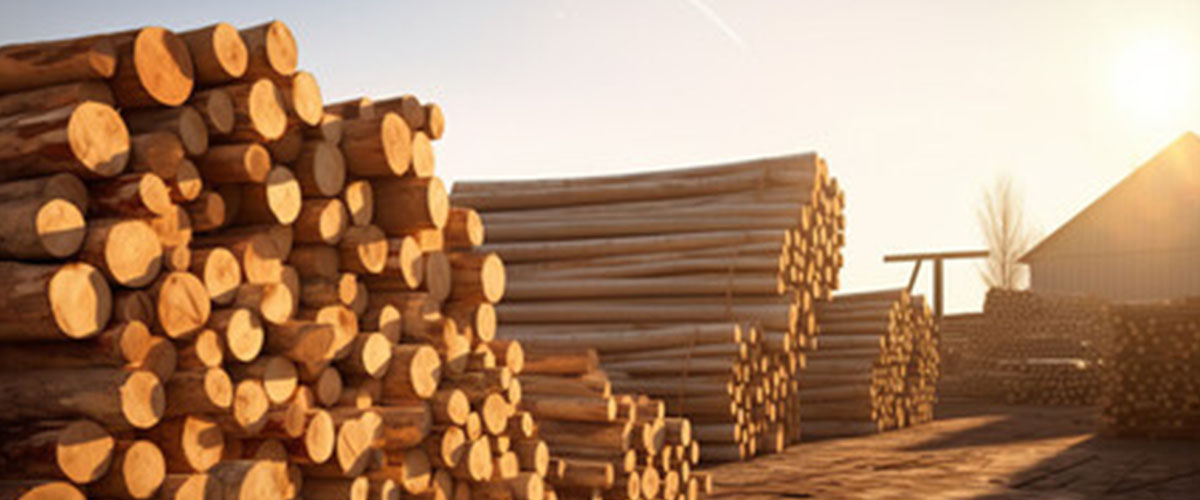
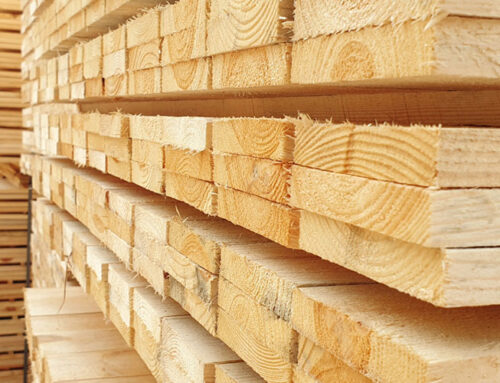
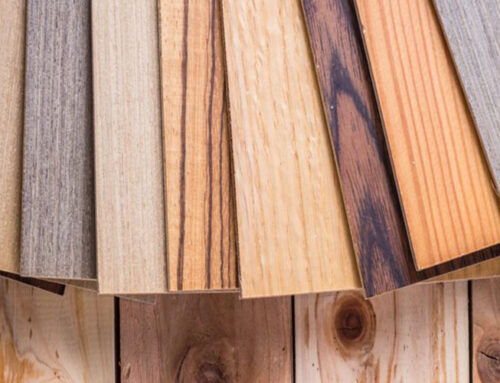
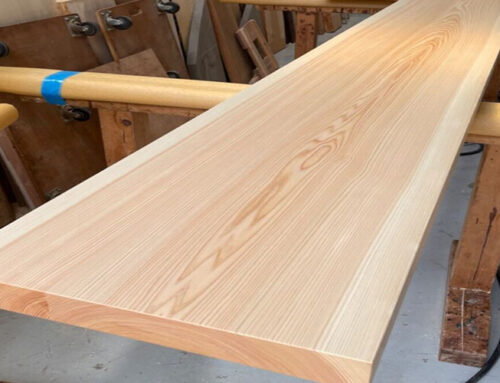
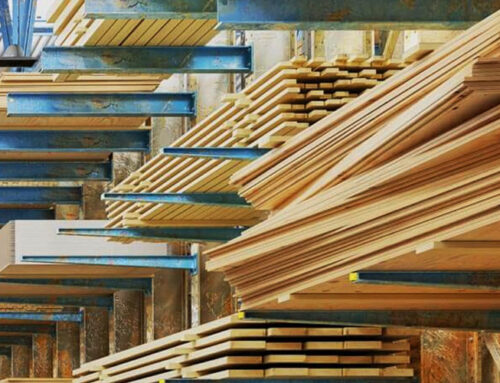
Leave A Comment